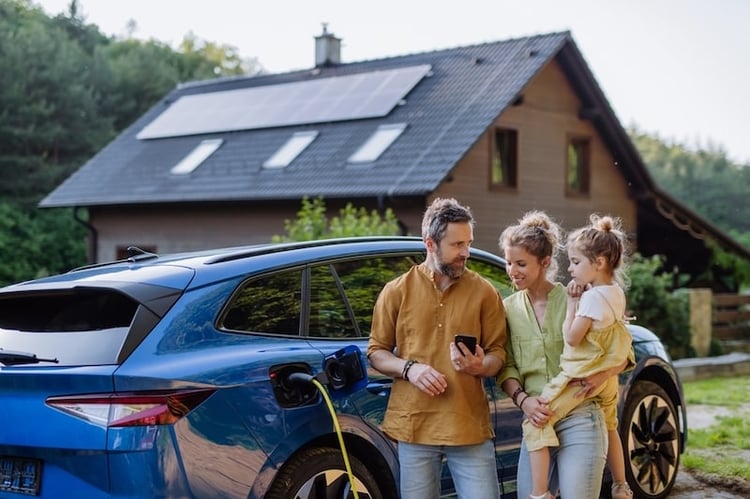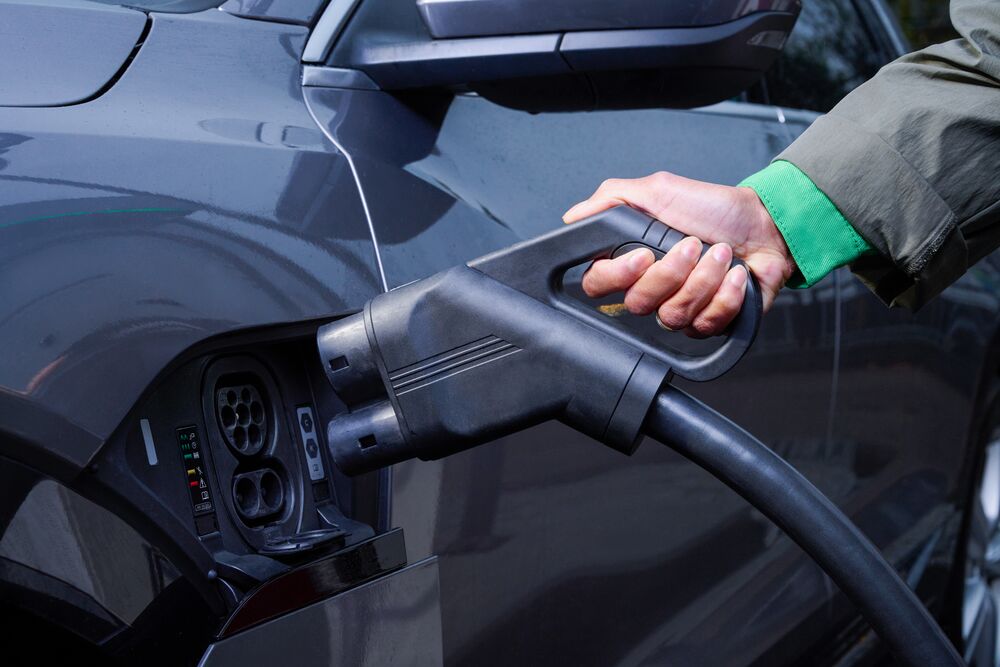Most recent

Smart Charging for Solar EV Systems: What is possible today?
There are a variety of smart solutions available, capable of optimizing your solar EV charging system in different...

Can solar EV charging save you money?
Charging your EV using household solar panels can indeed save you money on your utility bills. How much money solar EV...

How to optimize your solar set-up for charging electric cars at home
There are several ways EV drivers can optimize a homegrown solar system to ensure their EV recharging needs are met....

Can solar panels still charge an EV on a cloudy day?
In short, yes. Solar panels still work on cloudy days and can still be used to recharge your EV. Solar panel technology...

The role of battery storage in home solar EV charging
It’s easy to understand the appeal of solar power. Unlike fossil fuels, it is available anywhere in the world in...

How reliable are solar panels for charging electric cars?
Solar panels are generally very reliable for charging electric vehicles at home. Solar panels can help bring down...

How many solar panels do you need to charge an electric car?
Taking a popular electric SUV, the Hyundai IONIQ 5 Long Range AWD, as our example vehicle, which has an energy...

EV charging load management and the importance of cluster load balancing
Electric vehicle (EV) charging stations can add a substantial load onto your building’s power supply, often requiring...

How do home solar panels work for EV charging?
Solar EV chargers are no different from regular home chargers for your electric car, with one exception: they can...
